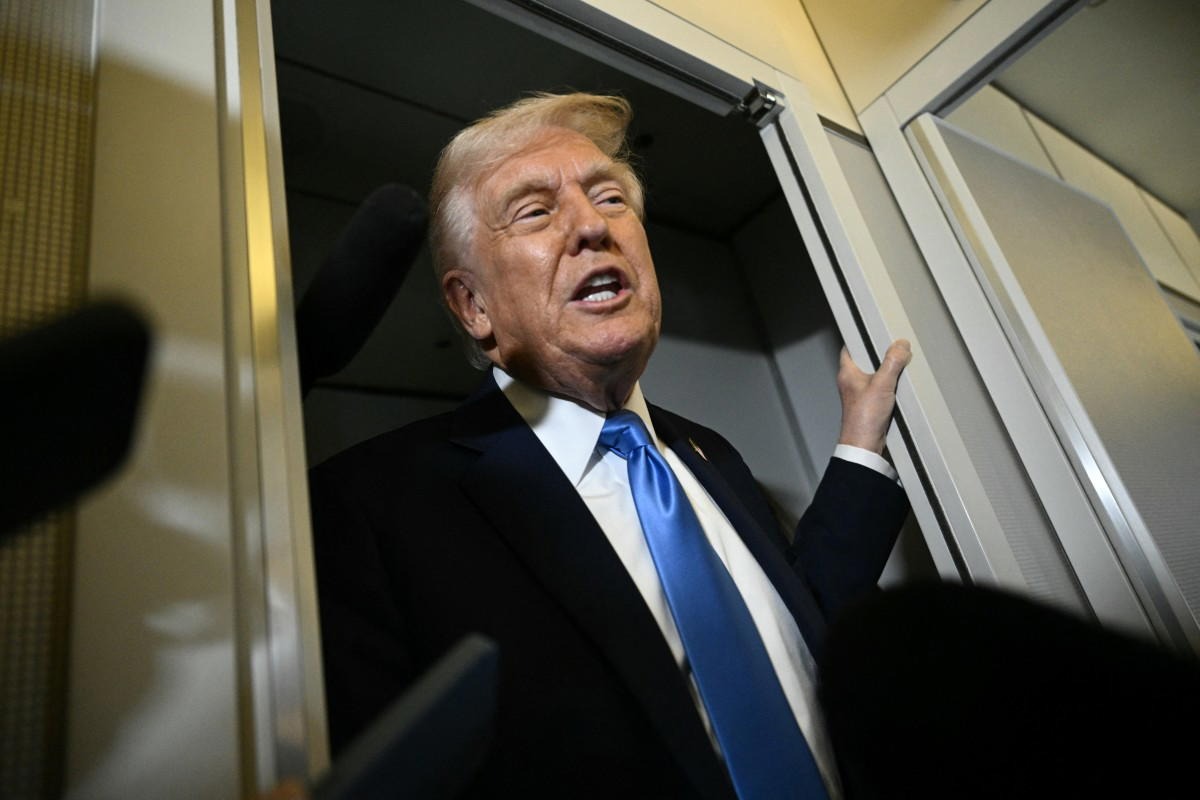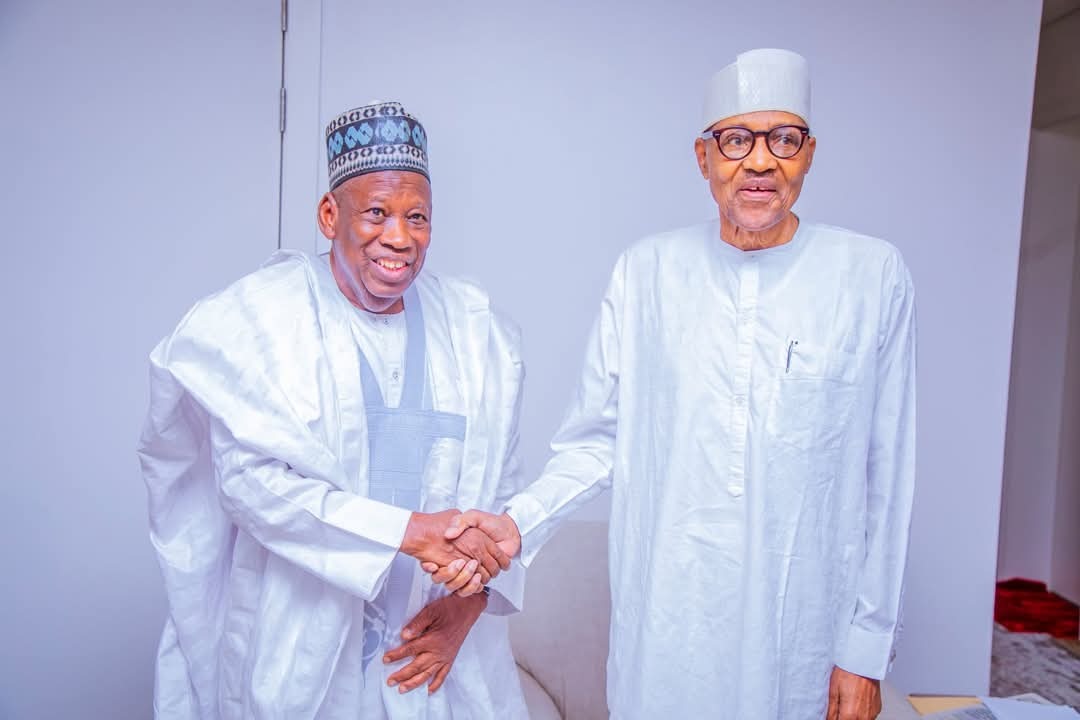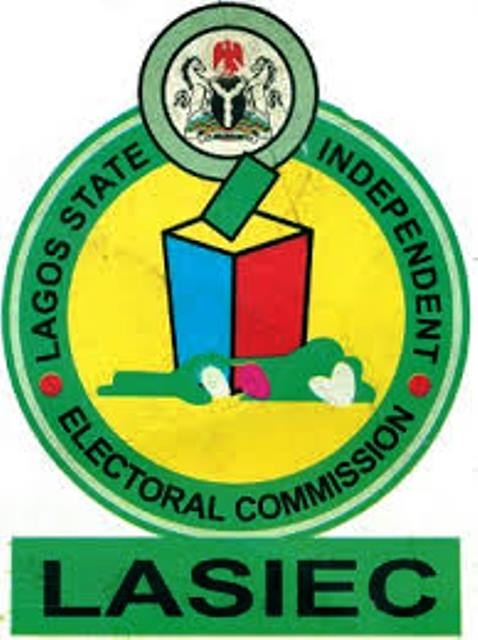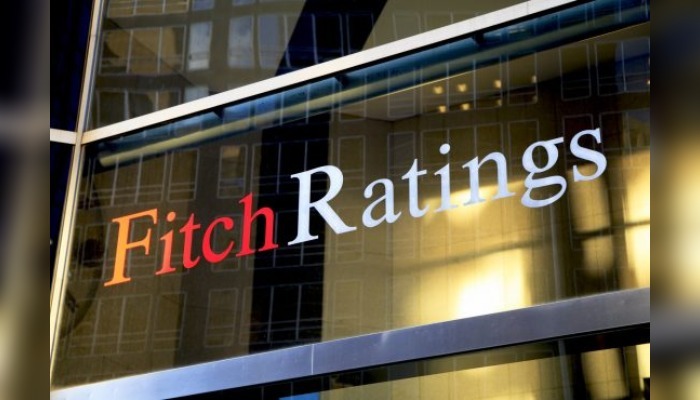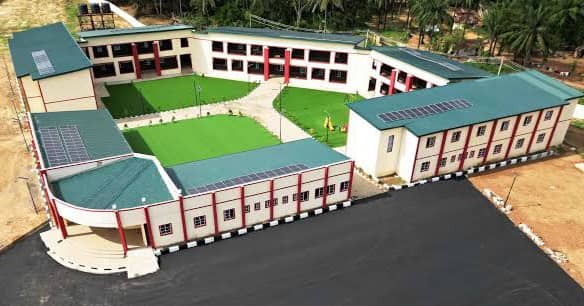Arsenal face Real Madrid on Wednesday with one foot already in the Champions League semi-finals but with the added pressure of knowing their entire season hinges on the result at the Bernabeu. Mikel Arteta’s men last week demolished the defending champions 3-0 in the first leg of their quarter-final in London and are favourites to …

